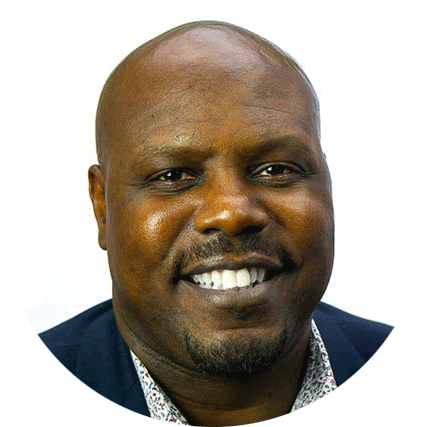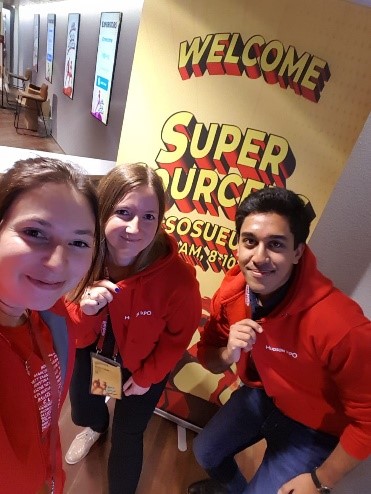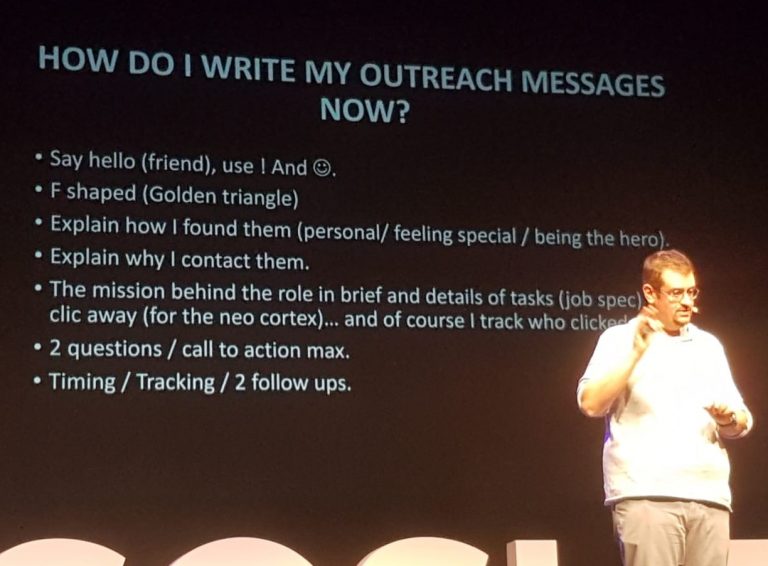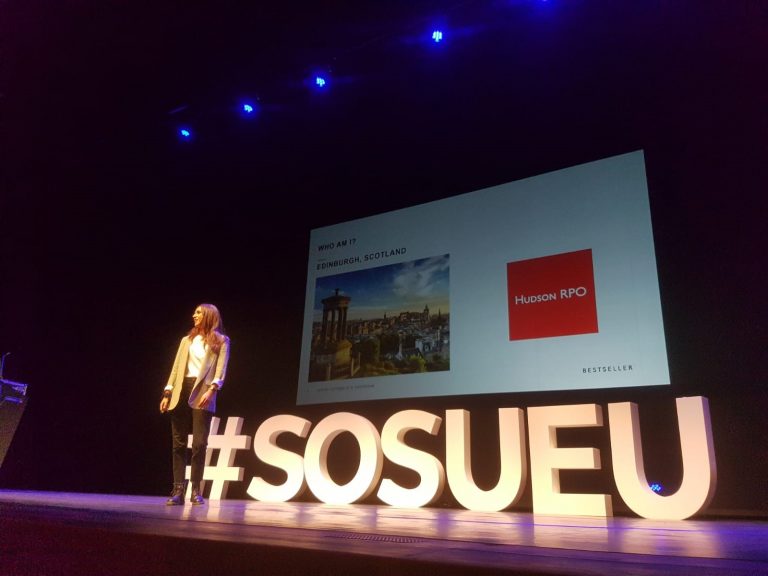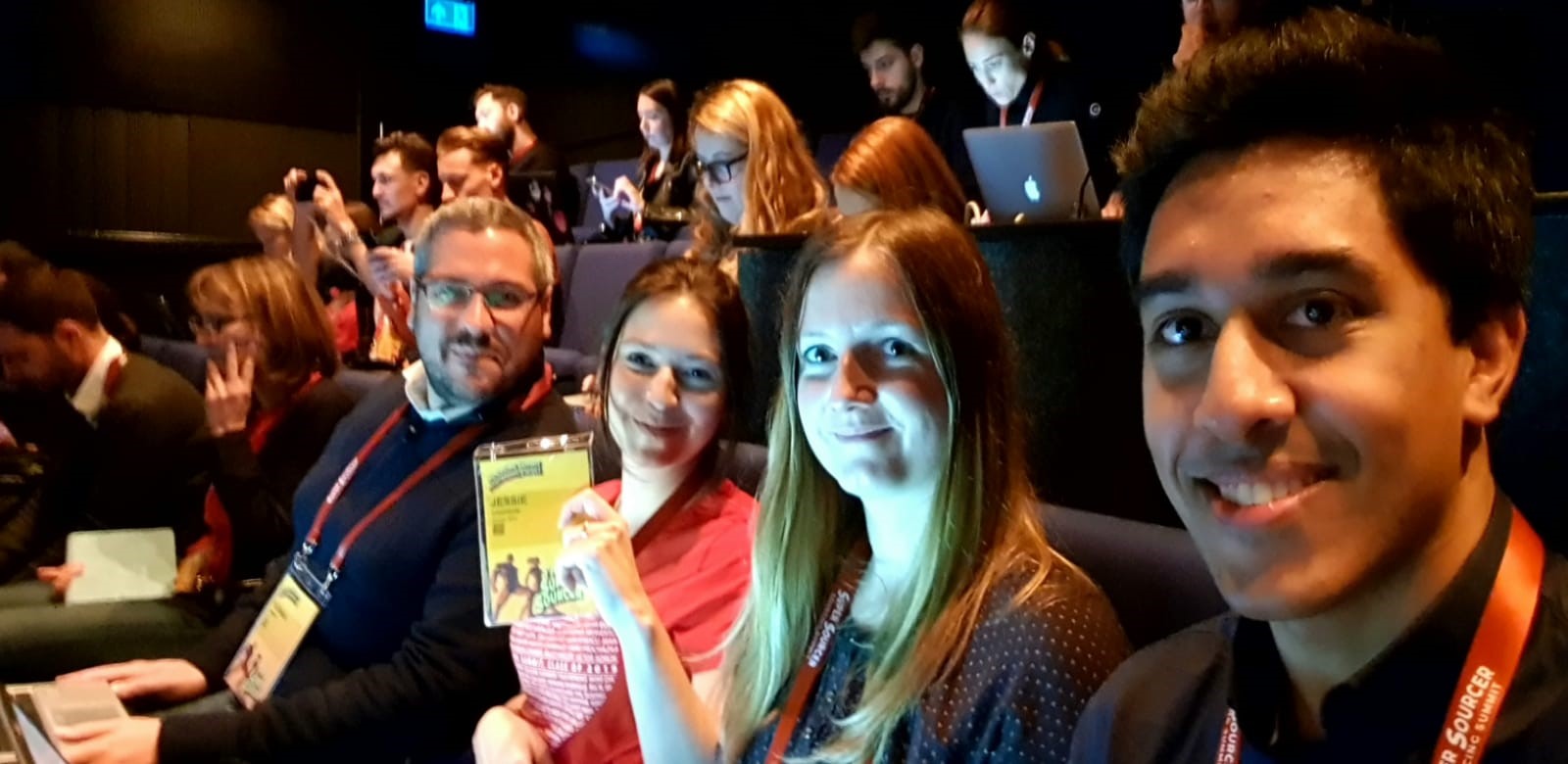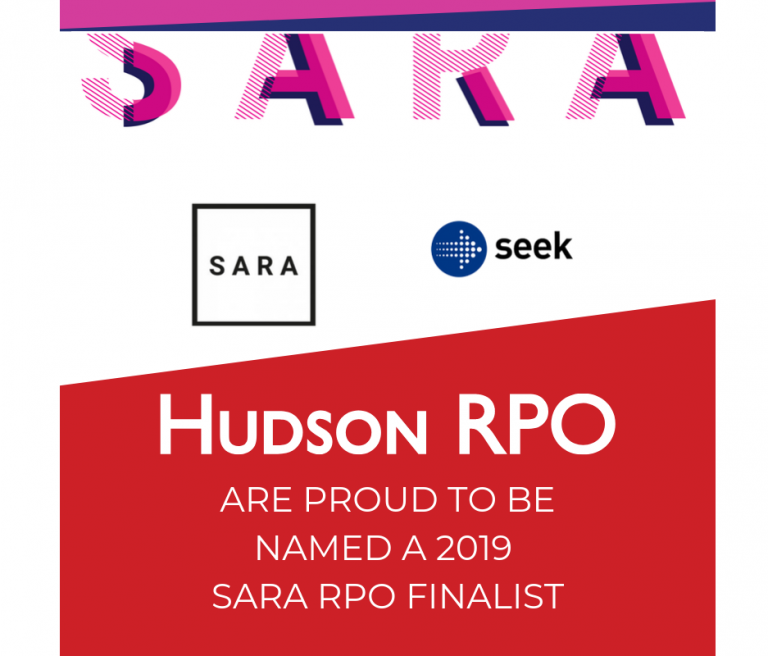- Blogs & Articles
Tips for interview nerves and other candidate frights this Halloween
Like the spooks and ghouls of Halloween, interview nerves surround even the best of candidates. After knocking on door after door — hoping not just for a treat, but a real opportunity — one opens wide enough for you to come explore its secrets.
On this spooky day of Halloween, you’ve reached the Interview Door of Doom or Dare. Few have come this far. Few will go further.
Eek!
What do kids on Halloween and candidates at interview have in common? They may both be able to relate to a little thing called fear. Thankfully, it’s often coupled with adrenaline.
How we deal with that fear influences our prospective success.
I’m not trying to trick you this Halloween: interview nerves are a very real thing. Yet, there are ways in which you can manage and channel them to your advantage. A creative approach can help you turn most any fear or vulnerability into something positive.
Stick with me as I share a few ways in which you can guard against those interview nerves becoming a complete Monster Mash of an experience.

Interview nerves: overcome them by owning your fear
I once met someone who said he couldn’t remember the last time he’d applied for a job. He was a CTO in a start-up. He had in-demand skills. And, of course, the start-up community networked in a way that was so organic, they would never even call it networking. So, fair enough, perhaps in his case — and maybe for some folks you know, as well — he had reached a stage in which the formal interview seemed to be the stuff of fairy tales.
It rarely works that way for the majority of us. With any given role, we might embark on one, two, three or more interviews. Some over the phone, some in person, some using a hybrid approach with Skype or similar.
Does your heart race before these interviews? Do you worry about how you’ll sound? Perhaps you’re concerned about forgetting key information.

Let me tell you: there is no shame in owning your nerves, straight from the start. It is OK, and perhaps downright helpful, to let the interviewer know that you are managing a certain amount of nervousness about the interview.
Once you state that you feel nervous, the other party tends to acknowledge your feelings and express empathy, helping put you at ease.
Clearly, it’s common for many if not most people to feel nervous before an interview. But I find that the act of saying it aloud helps me to acknowledge what I am experiencing, and to then move forward with the reassurance that a safe environment surrounds me as a candidate.
Plus, you can say it in such a way as to reinforce your desire to succeed in the role, for example: “I’m so excited to be here, interviewing for this terrific opportunity, yet I just can’t help but feel a bit nervous. Please let me know if I speak too fast, or if you’d like me to explain anything in more detail.”
By the way, if you’re concerned about leaving out important points during the interview, why not write them down beforehand? Take a few notes inside a neat little notebook, and bring it on the day. Perhaps include a set of questions you want to ask, in case you go blank when the interviewer asks if you’ve got any questions.
You can also use the notebook for taking notes on the day. In this regard, it can blend naturally in the environment. If and when you decide to refer to it, simply let the interviewer know that you wanted to ensure you covered all the key points.
How to cope with anxiety related to interview nerves
For some people, interviews can induce anxiety. And, as much as it affects the mind, anxiety can also manifest in physical ways.
So, when you’re going into an interview, how do you deal with this?
Hydrate, and exercise in fresh air. Get your sleep! A nice bath can also help you relax.
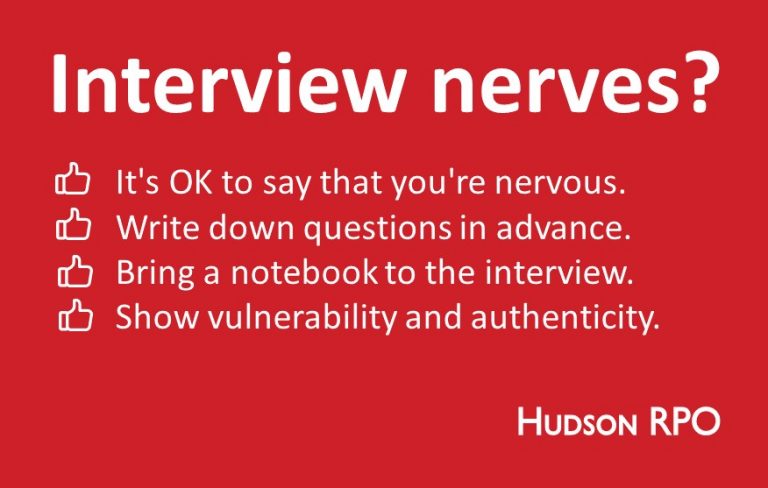
Some of this may be easier said than done, of course, but a healthy, nourished, and balanced lifestyle can help you feel calm. It can help your mind focus.
As you prepare for an interview, these are the basic ingredients that you just can’t get enough of.
And of course, be sure to simply practice and review for the interview, to help allay any interview nerves.
Why you should embrace vulnerability as a candidate
Acknowledging vulnerability can be a powerful lever in an interview setting.
I once ran into a picture on the wall, and apologised to it, before settling into my chair for a very intense interview. I had flown in for it, and was outnumbered by about 15:1 in the room. Now, I have no idea if that incident at the start helped, but it certainly didn’t hurt. In the end, I secured a golden opportunity.
Whatever yours may be, it really is OK to admit your weaknesses, and be accepting of them. In fact, your honesty in this regard may be the very thing that sets you apart from the next candidate.

I spoke earlier of dealing with nerves and anxiety. You are certainly not alone if you experience either or both. Great teams understand that not everyone is an expert in excelling at interviews, but equally that this doesn’t take away from what each person is capable of, day to day.
Halloween gives us a chance to celebrate living in a world full of pumpkins, each representing something truly unique. When you interview, it’s OK not to be or feel like a superhuman. No one is expecting you to be anything other than who you are. Authenticity and courage are a powerful combination in their own right.
Discover an exciting new career focused on transforming people’s lives
Considering a career change? We’re currently recruiting exceptional candidates for opportunities worldwide.
Learn more in our careers section.

Hudson RPO
Content Team
The Hudson RPO Content Team is made up of experts within the Talent Acquisition industry across the Americas, EMEA and APAC regions. They provide educational and critical business insights in the form of research reports, articles, news, videos, podcasts, and more. The team ensures high-quality content that helps all readers make talent decisions with confidence.
Sign up to receive the latest recruitment insights and Hudson RPO news.










